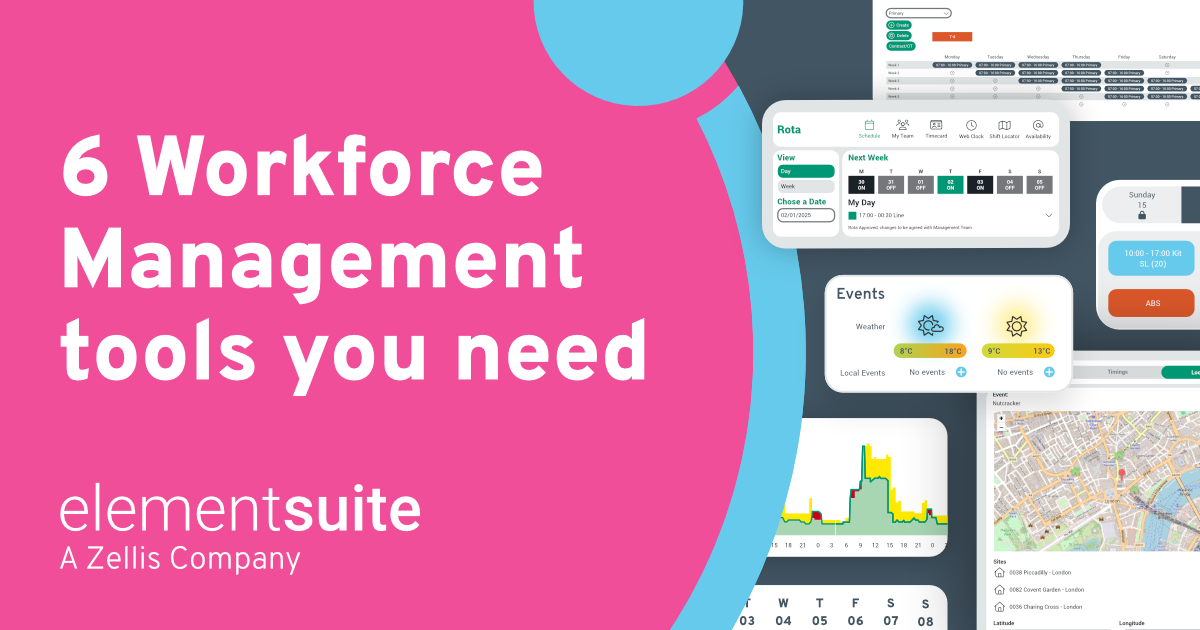SUNITI VYAS | 1 SEPTEMBER 2023
As organisations grow and adapt, HRDs may find themselves navigating a complex landscape of HR software vendors to match increasing demands, which can at times be overwhelming. To help guide you through this process, we’ve created a 3-part series of blog posts to support your HR software implementation, helping your seamless transition from deciding what you want to ensuring you’ve got what you need.
Deciding whether you need a new HR software
Perhaps you’re reached the end of your contract with your current HR software provider, but something is telling you that you don’t want to renew it. Or, perhaps you’re in a contract and you’re just not satisfied with the features, functionality, or customer service. Now, you must pose the question, do I need a new HR software solution?
The first step to answering this rather heavy question is creating your heatmap, a simple click-and-colour spreadsheet recording the effectiveness (or existence) of features in your current HR system.
By breaking down what you currently have (green) and don’t have (red), this brilliant tool shows you the current facilities of your existing HR software provider. You can then ask, how much of what I would want in a HR system is red at the moment?
Now that you can see your desired changes, you can create a concise criteria report on exactly what it is you would like to achieve, and whether a new HR software provider is the means of achieving that.
Putting together your business case
Okay, so you’ve decided you need a new HR software, what next? At this point, you want to gather feedback from your organisation.
‘To implement something new, you really need to have people in the company on that journey with you.’
Angela Moyle, elementsuite Chief of Staff
First impressions are vital. Before you move forward, it is essential that you communicate your ideas to key stakeholders internally. This could include the HR team, the finance team, and project implementation administrators.
Building a strong business case can be tricky, but this can be simplified by going back to your heatmap – thorough analysis of your heatmap’s insights can help identify the crucial elements that are missing, but necessary, to construct a compelling business case.
It is also important to convey that there will be a return on the investment, and typically a 1-in-3 ratio is ideal. For instance, if you are putting in £100,000 for a new software, you want a return of £300,000. To work this out, you can use an ROI calculator. This not only demonstrates the financial viability of the investment but also provides a clear benchmark for evaluating the success of the project once it’s implemented.
Next steps
Is everyone on board? Great, it’s time to take a look at vendors!
For a guide on how to choose your vendor, watch out for the upcoming Part 2 of this series. To ensure you don’t miss it, be sure to connect with us on LinkedIn, Facebook, and Twitter to be among the first to view our latest releases. And, of course, keep an eye on our website to stay up-to-date with lots of useful resources to guide you through all your HR software needs!
Subscribe to our newsletter
Sign up to our newsletter to be the first to get all the latest resources, including Part 2 of this series!
Useful resources:
HRDs’ guide to successful software implementation – Part 2: Choosing your vendor
HRDs’ guide to successful software implementation – Part 3: Turning plans into operations
The critical role of project planning in HR software implementation
The HR Software your franchise business has been waiting for
HR Software Dating: How to Know if It’s the Right One for You




